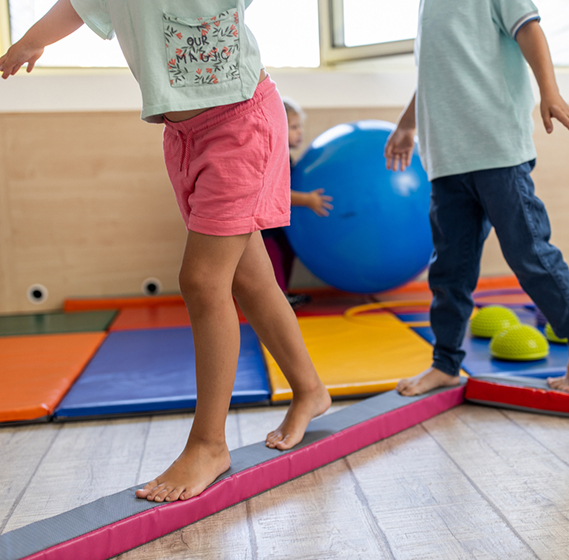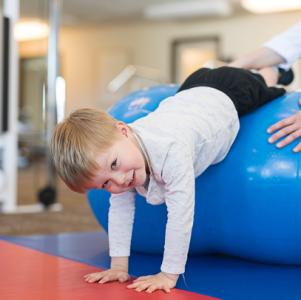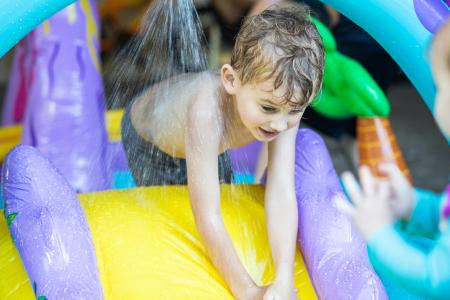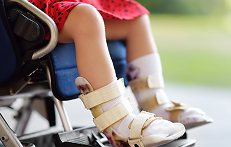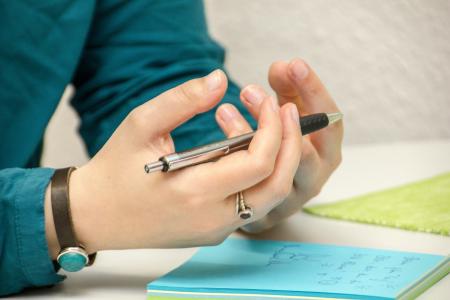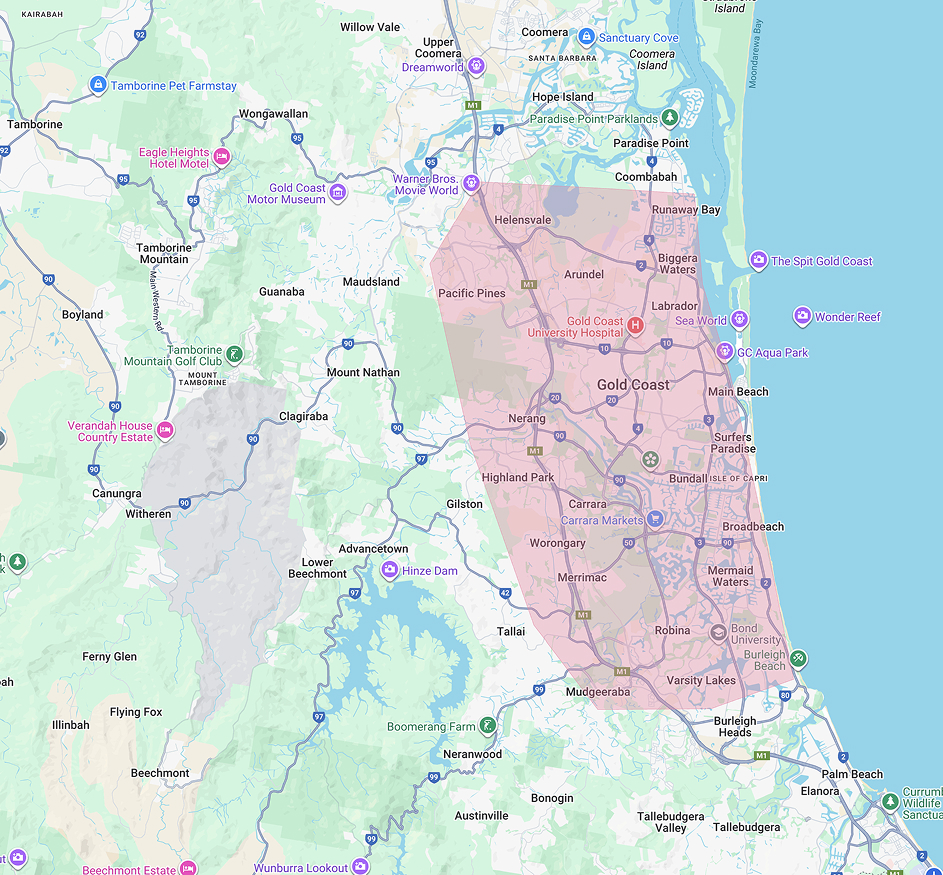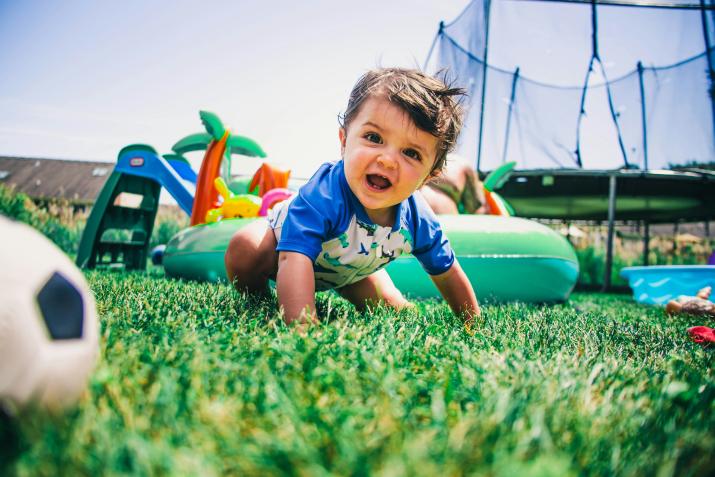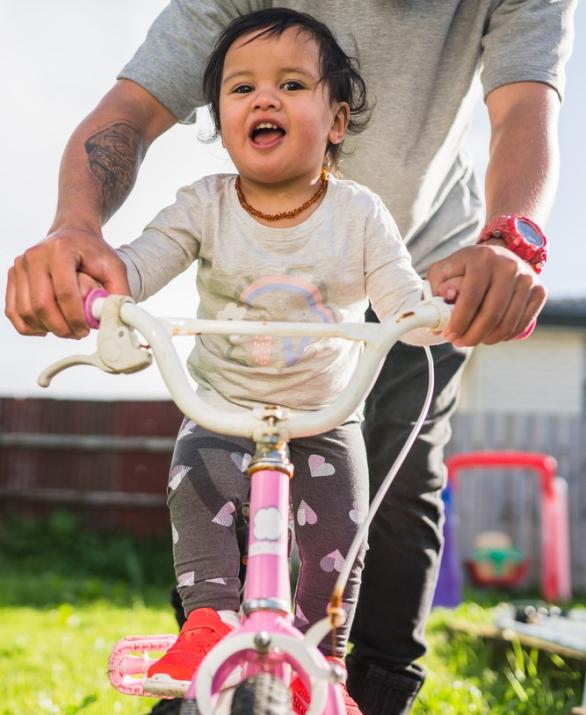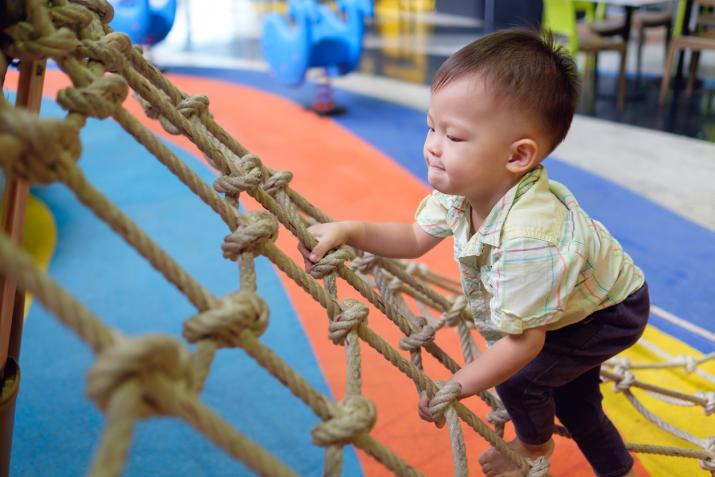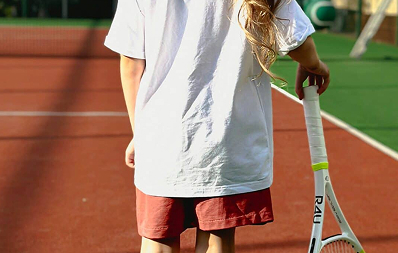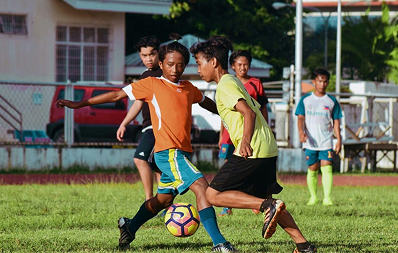SERVICE AREA
We’re proud to bring mobile children’s physiotherapy to families across the Gold Coast.
Lisa provides mobile physiotherapy within about 20 minutes of Ashmore. She can visit your home, daycare, school, or local playground—wherever suits your family best.
Common service areas include:
Arundel · Ashmore · Benowa · Broadbeach · Bundall · Burleigh Waters · Carrara · Clear Island Waters · Highland Park · Labrador · Main Beach · Mermaid Waters · Merrimac · Miami · Molendinar · Mudgeeraba · Nerang · Parkwood · Robina · Southport · Surfers Paradise · Varsity Lakes · Worongary
Many families choose a mix of locations—such as home, school, and clinic—to help their child’s therapy carry over throughout the day.
